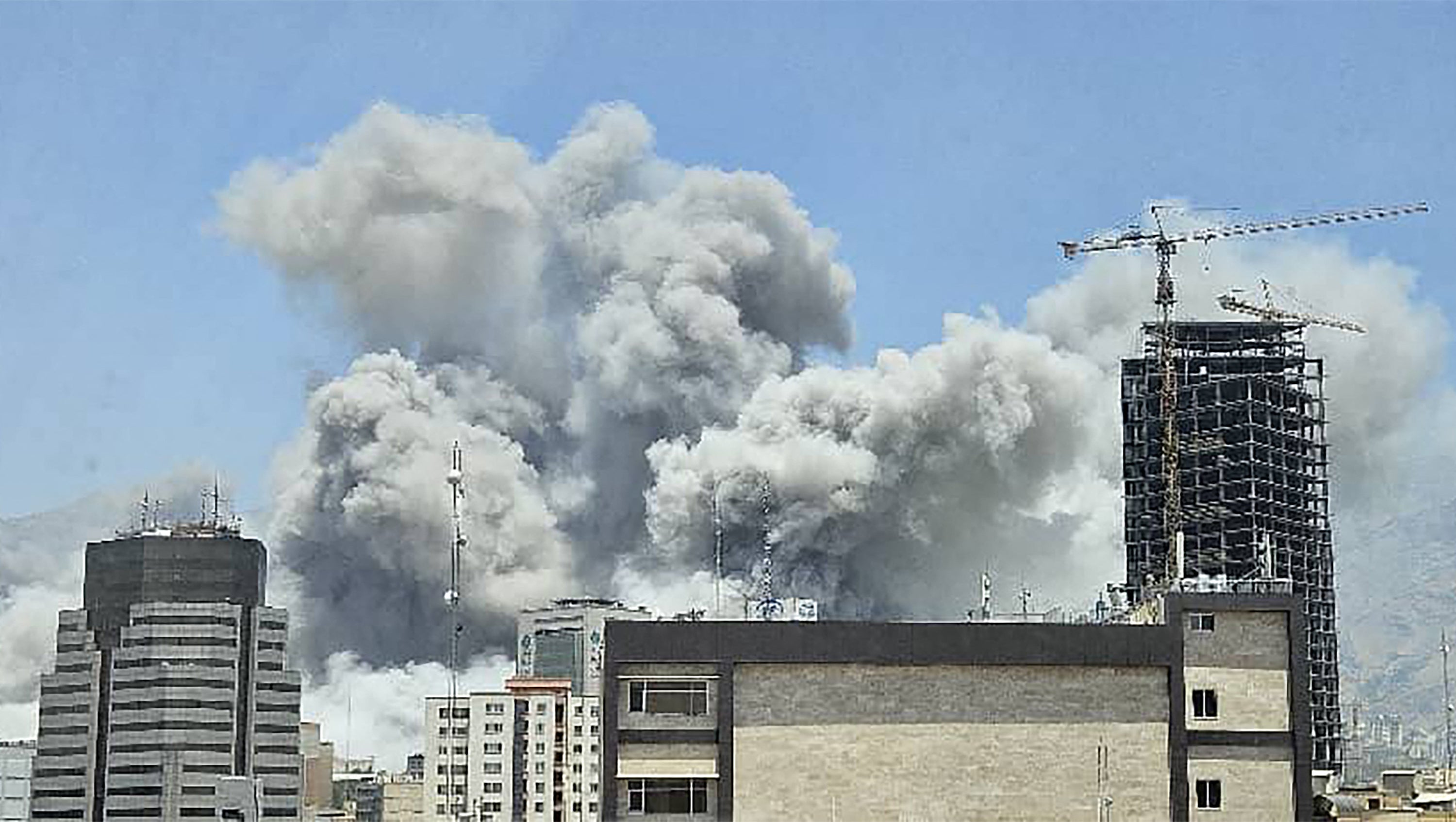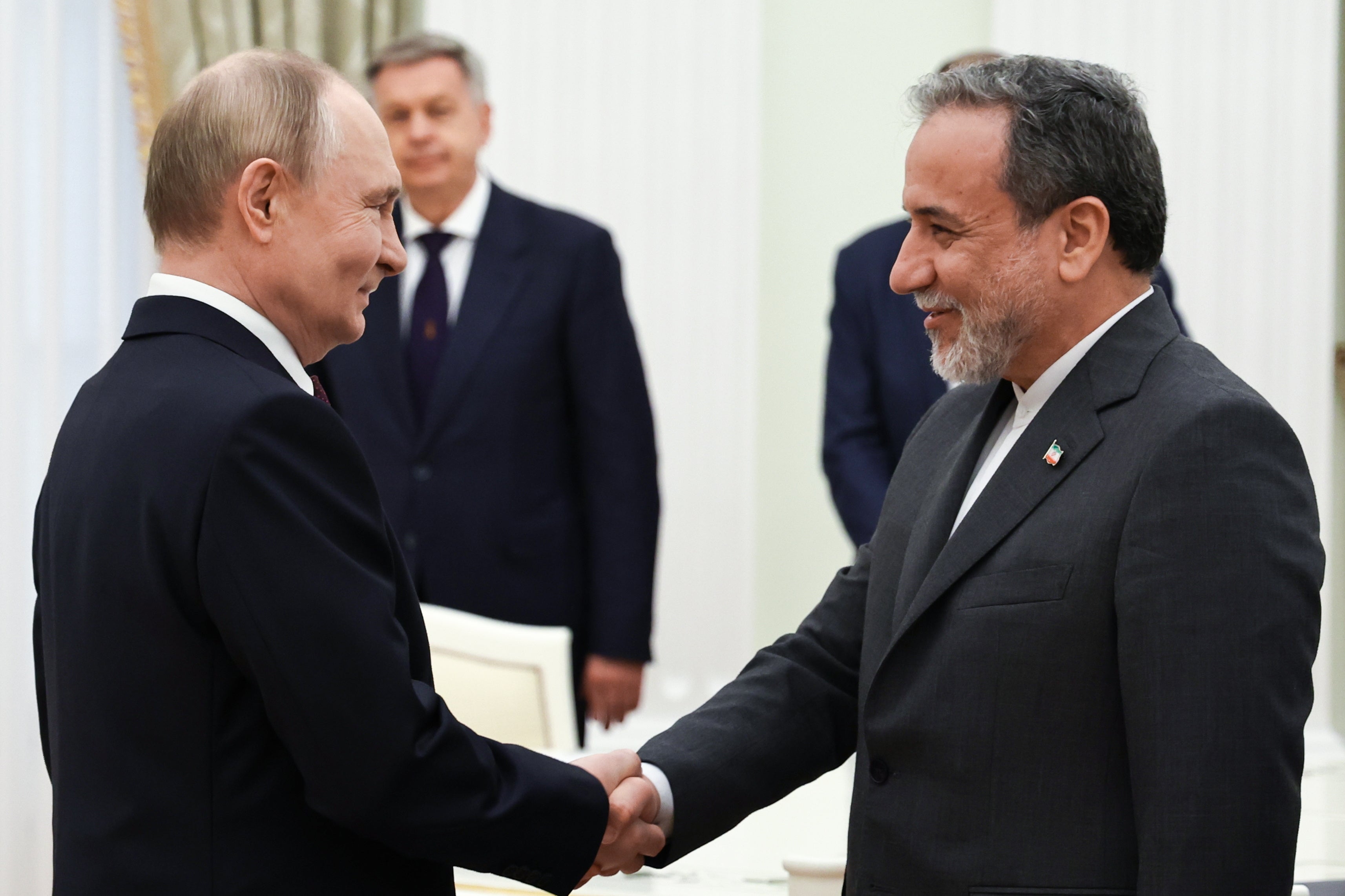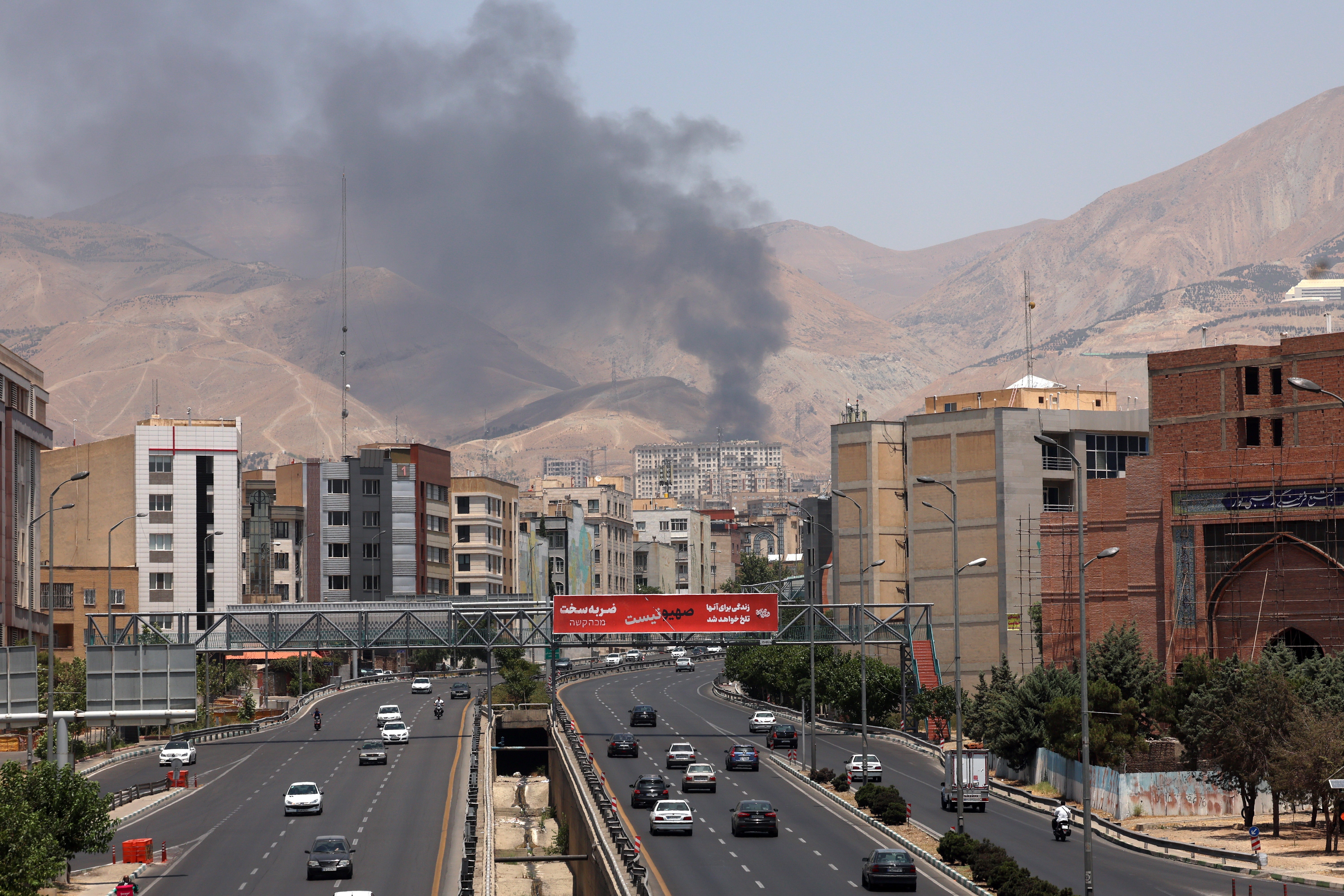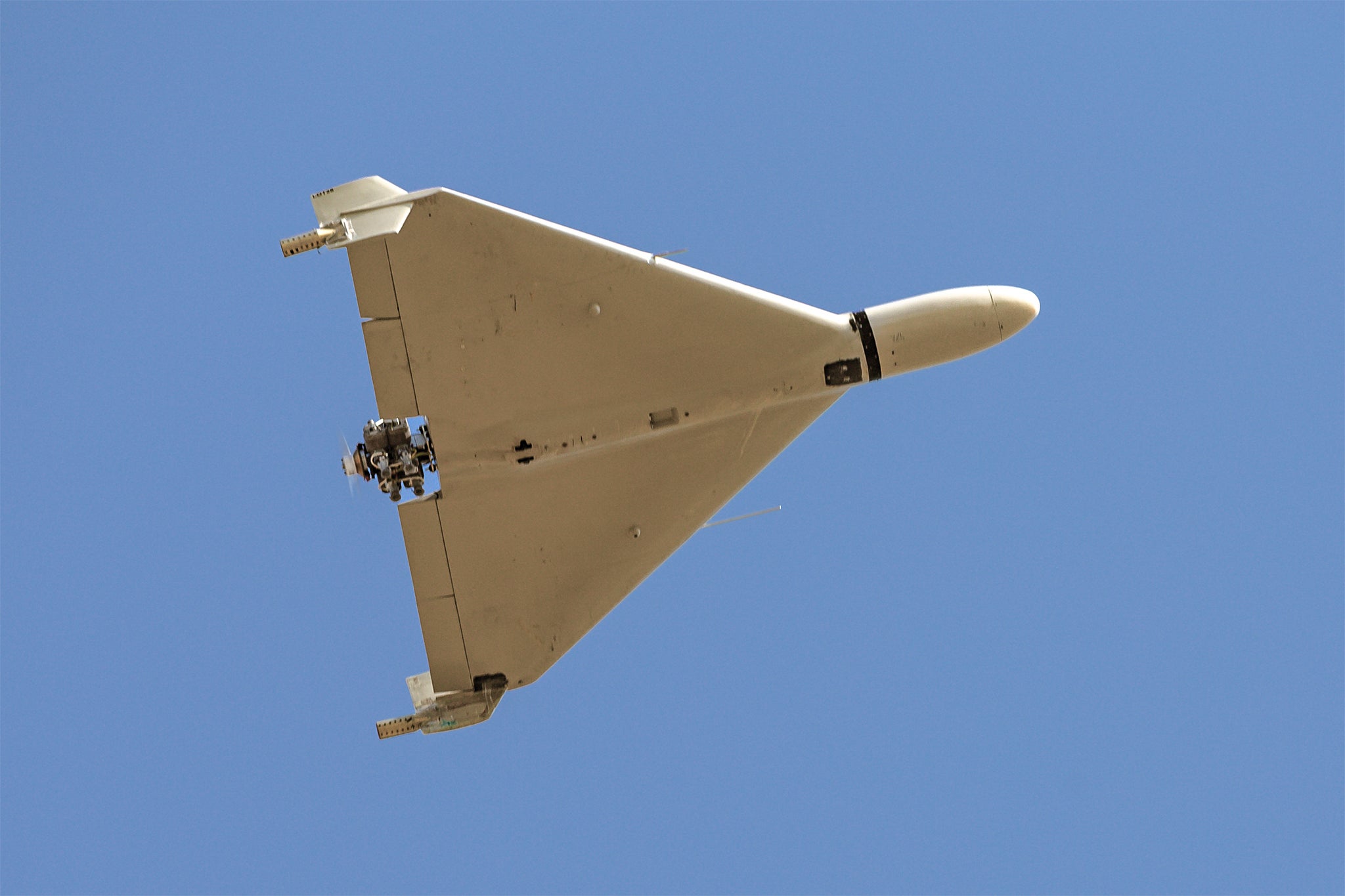Iran’s nuclear programme has come under direct attack by the US - and Tehran may be looking towards Moscow, one of its closest allies, for help.
American forces directly struck three Iranian nuclear sites at Fordow, Naftanz and Isfahan on Sunday morning. While the extent of damage is still being assessed, Tehran has warned that the strikes will be met with a strong response.
US military bases in Iran’s neighbouring countries are now on alert following threats by the Iranian leadership. On Monday, the Qatari embassy in the US warned its citizens to seek shelter, without stating whether there was any immediate threat.
Iran has provided significant military assistance to Moscow during its three-year war in Ukraine, but how much would Russia actually be able to provide in return? Below The Independent looks at the decision facing Putin and why he may decide not to help Iran.

Russia and Iran: a changing relationship
The relationship between Moscow and Tehran has changed significantly over the past decade, most notably since the outbreak of war in Ukraine in February 2022.
Traditionally, their relationship has been characterised by a mix of “cooperation, competition, and suspicion”, according to the Washington-based CNA national security think tank.
This relationship notably improved from the early 1990s, after the collapse of the Soviet Union and after the US-backed Pahlavi dynasty was deposed in the Islamic Revolution of 1979.
Military cooperation notably grew during the 2010s, the CNA says.
How Iran has supported Russia's war in Ukraine
Since the war in Ukraine, Iran has become one of Russia’s most crucial allies and provided Moscow with missiles and drones.
In January this year, Iranian president Masoud Pezeshkian and Russian president Vladimir Putin signed a 20-year strategic partnership, which was approved in May by the Iranian parliament.
The partnership is designed to deepen their cooperation in defence, explaining that both countries will work together against common military threats, develop their military-technical cooperation, and take part in joint exercises.
However, the pact does not include a mutual defence clause, meaning they are not obliged to come to each other’s defence in case of war.
How Putin has reacted to Israel and US attacks on Iran
Putin himself did not initially lead Russia’s condemnation of the recent Israeli attack on Iran.
Iranian foreign minister Abbas Araghchi travelled to Moscow to visit Putin on Sunday - just hours after US strikes rocked the nation. The pair held an official meeting on Monday.
"The absolutely unprovoked aggression against Iran has no basis and no justification," Putin told Araqchi at the meeting, adding that he wanted to speak about ways to calm the crisis. "For our part, we are making efforts to assist the Iranian people."

Kremlin refuses to commit to direct support
Kremlin spokesman Dmitry Peskov evaded a question on whether Moscow would offer direct support to Tehran.
“It depends on what Iran needs. We have offered our mediation efforts,” he said according to The Washington Post.
Iranian sources told Reuters that Tehran was not impressed with Russia's support so far, without elaborating on what specific assistance they wanted.

How much help can Russia actually offer?
Russia has channelled huge amounts of resources, including funds, personnel and equipment, to its war in Ukraine.
As Moscow continues an expensive and grinding war of attrition, it may not want to divert significant resources towards the Middle East.
The Institute for the Study of War (ISW) says Russia is not producing enough military equipment in order to train its vast numbers of new troops given its high fatality rate.
High interest rates and bureaucratic issues are hindering Russia’s ability to scale up its weapons production. The ISW also said Russia was losing vehicles at an unsustainable rate in the past two years, without the industrial capacity to make up for the scale of losses.
But assisting Iran would most likely come in the form of air support. It is unlikely the conflict between Iran and Israel will become a ground conflict, given the distance between the countries.

Tehran began supplying Russian forces with Shahed drones in 2022, but experts believe Tehran’s importance as a supplier has declined as Russia has localised production.
"The conflict will likely negatively impact the future provision of Iranian military equipment to Russia," the UK Ministry of Defence said on Thursday.
However, Russia is now seeking to reduce its reliance on Iran-made drones, the ISW reported. Citing Ukrainian electronic and radio warfare expert Serhiy Beskrestnov, the ISW said Russia is preparing to build a new Shahed production facility, and warned that Russia strikes could soon incorporate up to 800 drones - more than double the amount which they typically fire each night.
This means it may be possible in theory for Russia to supply Iran with some extra Shaheds - but given the Kremlin’s maximalist goals for its war in Ukraine, it may decide to keep its added capacity for itself.
MyPillow founder Mike Lindell loses $2.3 million defamation case
Supreme Court allows Trump to restart swift deportation of migrants away from their home countries
Trump upset from TACO jibe so he decided to attack Iran: niece says
Explosions heard after Iran launches missile strike on US base in Qatar
US-Iran latest: Trump calls Tehran’s response ‘weak’ after attack on US base in Qatar
Fears of global conflict after US-Iran strikes | Bel Trew explains







